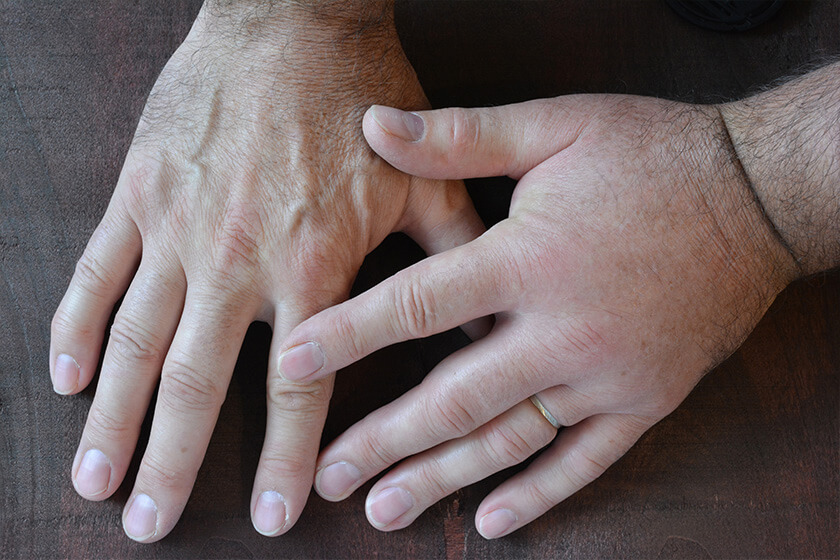Swollen body parts can cause great discomfort, but they can also be a sign of something much more serious. Edema is the swelling caused by the accumulation of fluids in your body’s tissues. They most commonly occur in the legs, ankles, and feet, but can also occur in other parts of the body. They happen as a result of sedentary habits, unhealthy diets, or an underlying disease such as heart failure, kidney disease, or liver cirrhosis. If not treated, edema can lead to long-term health complications. We have prepared a guide to help older adults to cope with edema.
Decrease Fluid Intake
If you have edema, you will need to limit your fluid intake. Consult with your doctor to determine the amount of water that you can drink each day. A method that you can use to keep track of the amount of water you are drinking is by preparing multiple bottles of water on standby. This way, you can ration your water throughout the day, so you won’t be left feeling thirsty when you realized you’ve reached the maximum amount of water for the day.
Eat A Low-sodium Diet
One of the causes of edema is a diet that is high in sodium. As a result, you should limit your sodium intake so as to not worsen your condition. Replace salty processed foods with fresh foods full of vitamins, minerals, and antioxidants. There are a variety of foods that can liven up your meals and yet still be healthy like leafy greens, fish, beans, and fruits. You should also swap out salt as a seasoning and opt for fresh herbs instead to get that yummy flavor.
Go Through Compression Therapy
Ask your doctor if you are able to visit a licensed massage therapist. They can help apply pressure on your affected body parts so that the fluids are not all stuck in one area and are properly circulated. You can also opt to buy compression stockings or sleeves to help yourself apply pressure to the targeted body parts and prevent the buildup of fluid in them.
Exercise Regularly
It can be tough to exercise with edema, but it is still a necessity if you want to improve your condition. Simple exercises like brisk walking and stretching for an hour a day can greatly help you cope with edema. They can reduce swelling and eliminate the excess fluid while circulating and strengthening your cardiovascular system. Do get recommendations from your doctor on the specific type of exercises and the routine that you should be following that will help you with your condition.
Keep Your Body Elevated
To prevent fluids from pooling in the affected parts of your body, you can prop them up. Use pillows, wedges, or slings to help support your body parts in elevated positions in a comfortable manner. You can do this throughout the day or while you’re sleeping so that you can reduce the pressure on your body and decrease the discomfort you are feeling.







